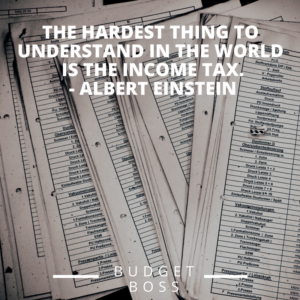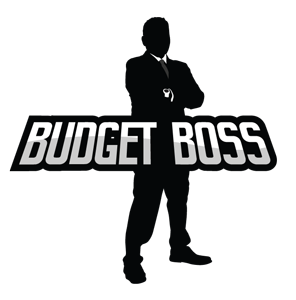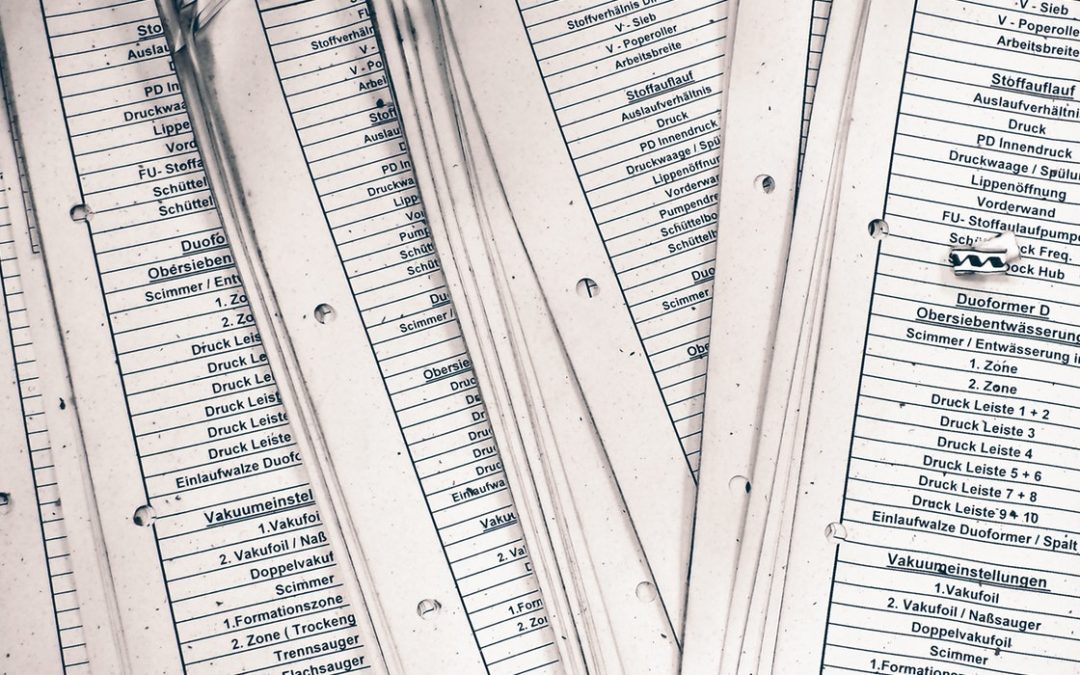Thursday, September 20, 2017
Ten Tax Deductions You Might Not Know About
For some people tax time can be stressful. Others have a sense of joy in anticipation of a juicy return. Taxes can be confusing, to say the least. Making sure you claim what you should and file your return properly is a priority. For most Canadians, their sources of income are fairly simple. Most people have only one source or only a couple and it makes the process fairly painless. Where many people fall short is not claiming as many deductions as they are able. Knowing what is and isn’t a deduction is tough. Having all the deductions you could possibly have on your return could mean hundreds or even thousands in savings. Not knowing if something is actually a deduction is most people’s reason for not claiming what they can. In this post, I will go over 10 tax deductions that you can use to save you money every year. Let’s get started.
1) Student Loan Interest and Books
For young people, every penny counts. This is especially true when you are college and everywhere you turn someone is trying to pry money from your pocket. One of the costliest expenses around for students is the racket known as the Book Store. I have had friends spend up to $1000 a year on books. Mine was about $500 annually while in school. Save the receipts from your book purchases as you can claim them on your tax return. Once you are out of school and are paying back that amazingly fun student loan, make sure you keep your statement of student loan interest paid. You can claim that amount on your tax return as well.
2) Medical Expenses
Many people don’t realize how much they actually pay every year for their healthcare costs. If you have out of pocket costs like prescriptions, devices, treatments that aren’t covered by your drug plan you should claim these expenses. Even if you have health care premiums deducted from your paycheque every pay, you might be able to claim those as well. Make sure that if you don’t know you ask and save any receipts that might be healthcare related.
3) Employment Expenses
I have worked at several places in the past that have made you purchase a uniform to work there. I have also had to purchase no-slip shoes, steel-toed boots, thermal winter coats as well as other supplies just to work. All of these expenses are tax-deductible. Even things like travel costs, parking, legal fees, supplies, and certain home office expenses can be claimed. Make sure you keep the receipts for these as well.
Don’t be a Fool…Take Advantage of These 10 Financial Goldmines – Budget Boss
4) Union Dues
All unions have dues that come off of your pay to help support the efforts of the delegates. If you are part of a union make sure that you claim thee expenses on your tax return. For some this expense really adds up over the year and can lead a bigger return come spring.
5) Gluten-Free Products
If you are one of the many people who suffer from celiac disease, you may not know that you can claim the incremental cost of buying gluten-free (GF) products as a medical expense. The CRA states that “the “incremental cost” is the difference in the cost of GF products compared to the cost of similar non-GF products. You cannot claim this incremental cost on your tax return without the following supporting documentation:
- A letter from a medical practitioner confirming the person suffers from celiac disease and requires GF products as a result of that disease
- A receipt to support the cost of each GF product or intermediate product claimed
- A summary of each item purchased during the 12-month period for which the expenses are being claimed
I know for me this expense really adds up as being gluten-free isn’t cheap. Keep those receipts!
6) Moving Expenses
If you’ve relocated for work, you may be eligible to claim a wide range of moving expenses. Some conditions apply but, generally, if you move to a home that’s at least 40 kilometers closer to your new place of employment, you can claim associated moving costs. Some of those expenses include:
- Travel expenses for your family including vehicle expenses, accommodations, and meals.
- The cost of utility hookups and disconnections.
- The expense of title transfer for your new home.
- Fees for changing your address on documents or identification such as your driver’s license, vehicle registration, or other legal documents.
Note that if you move late in the year you may have to carry forward some of your expenses. These costs may only be claimed up to the amount of your income at your new job. For example, if you have $10,000 in moving costs and only earned $5,000 this year at the new job, you can only claim $5,000 this year. The remaining $5,000 will be carried forward to next year.
7) Buying Your First Home
If you moved into your first home or condo a few years ago and think you didn’t mention it on your return, it may well be worth digging up the files. If you are buying your first home, there is a non-refundable tax credit of $5,000 that may be claimed in the tax year of the purchase. To see if you are eligible, check out this link:
Home Buyer’s Amount – Government of Canada
8) The Disability Tax Credit
The Disability Tax Credit can be a potentially large credit applied to your return every year. This amount is worth more than $7,000 as a non-refundable credit, which will offset taxes payable. While that sounds abstract, this is approximate $1,500 in real money, depending on the level of the tax brackets and rates in your province of residence. If you qualify this amount can really add up and help to pay for additional costs associated with having a disability. To find out if you qualify, check out this link:
The Disability Tax Credit – Government of Canada
9) Donations and Gifts
Make sure you ask for receipts when you make that donation every year to your favorite charity. Charitable Donations result in a larger credit once the total value of donations exceeds the $200 limit. You can also save some donations for up to five years, making your credit larger instead of small credits annually.
10) Registered Retirement Savings Plan Contributions (RRSP)
This one is the mother of all deductions as I have mentioned it many times in my posts. Any amount deposited into your RRSP each year lowers your taxable income dollar for dollar. You do have to stay within the annual limits and any unused contribution room can be carried forward to future years. There is more bang for your buck with this deduction than any other. You get instant tax savings that year and money socked away for your future. It’s a win-win situation!
Other possible deductible expenses include public transit passes, daycare expenses, the working income tax benefit, rental expenses, certain investment losses, and many others. You have to be vigilant in finding any expense you can to deduct and if all else fails, keep the receipt and try. There are many resources to help you on your quest but nothing beats the help of a certified accountant. Saving tax money is like getting a raise, so don’t let those deductions slide!
“The hardest thing to understand in the world is the income tax.” – Albert Einstein

Email – joe@budgetboss.ca
Follow Budget Boss on – Facebook LinkedIn Twitter Instagram Pinterest Quora



